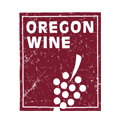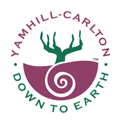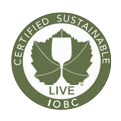Carlton Hill Vineyard
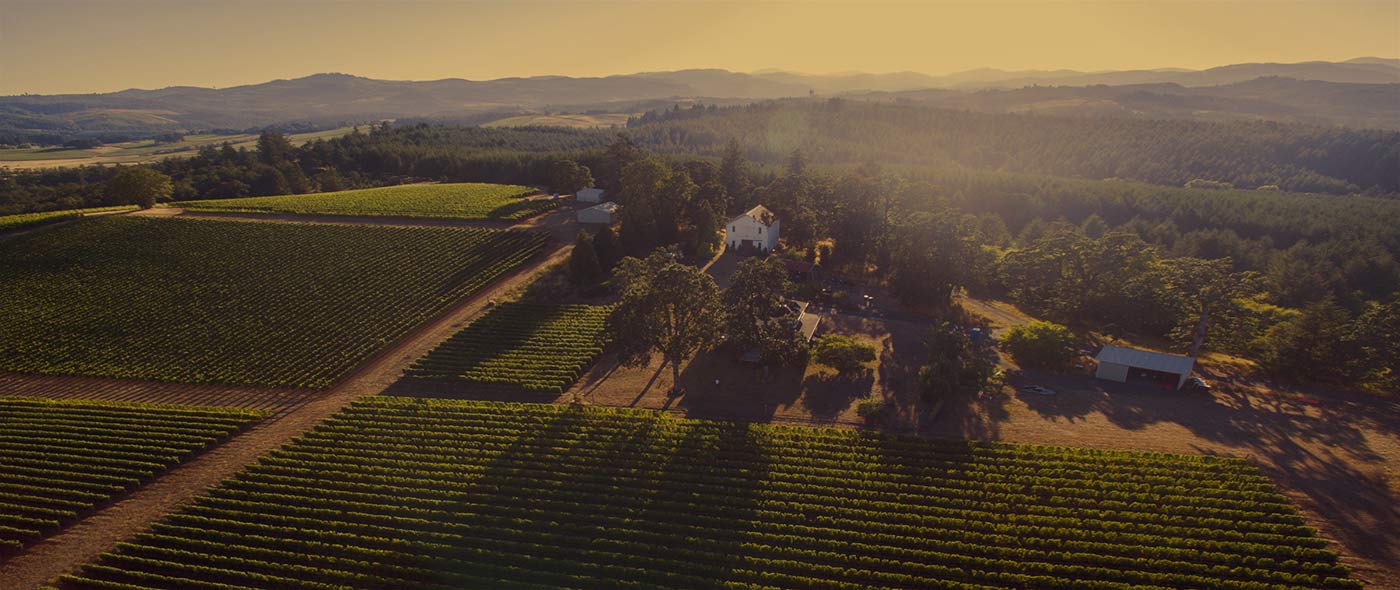
1999: 6 acres Dijon 115, 777 clones
2008: 5 acres Wadenswil & Pommard
LIVE & Salmon-Safe Certified
The Carlton Hill Vineyard was established in 1999/2000 when we planted six acres of Pinot Noir. We planted an even mix of 777 and 115 Dijon clones, using 3309 root stock. The soils on this site are a combination of Peavine and Willakensie and are the remnants of an ancient ocean bed. In 2008, the Vineyard grew to eleven acres in size, with the addition of the “tried and true” Pommard and Wadenswil clones. And, as in the past, the Carlton Hill Vineyard continues to be the exclusive source of grapes for our distinctive wines.
Like the great sites in Burgundy, the Carlton Hill Vineyard faces east, giving the vines full morning and afternoon sun and shading in the early evening to provide the desired cooling of nightfall. From our gently ripened grapes come elegant, balanced wines with vibrant berry flavors. Carlton Hill has been LIVE certified and sustainably farmed since 2004. The approach here is to reduce chemical inputs, organic or otherwise, and farm in the smartest way possible. We encourage our customers to visit us vineyard whenever possible to see this amazing vineyard. We are convinced that our site, being in the heart of the Yamhill-Carlton AVA, has all the qualities to make it one of the finest vineyards in Oregon.
Winemaking Philosophy
There are three principle hallmarks that guide the winemaking philosophy of Carlton Hill’s owner and wine maker David Polite. The first is to grow the best fruit possible to let the grapes do the talking for each vintage.. To insure we capture the unique aspects of each vintage, the same winemaking regimen is followed in the winery for each vintage. For instance, all our Estate Pinot Noirs are aged for 11 months in French oak, 20% of which are new barrels. The only thing that will vary from year to year is the percentage of whole cluster juice and this again is dictated by the vintage and what it allows us to do.
Second, we avoid manipulating the wines and certainly do not try to make a current vintage taste the same as last. You will get no “Big Macs” here. No enzymes are used to enhance extractions nor do we employ any techniques to concentrate the must. Unless a problem should arise, indigenous fermentations are the rule in the winery. We are able to do this year in and year out because of the high quality of the Carlton Hill fruit.
Third, our goal is to make wines which display depth, structure and lingering finishes. Carlton Hill Pinot Noirs are food friendly wines and are designed for extended cellaring. We are able to achieve this because the wines are put into bottle with lower PH levels (higher acidity) than many Pinot Noirs. Also, by avoiding higher alcohol levels, we increase the cellar worthiness of our wines. The eastern aspect of the Carlton Hill Vineyard combined with early picking dates help reduce sugar concentrations in our grapes and thus alcohol levels in our wines. We confess that our wines may not be ready to drink in year one. This is probably a bad business decision but, in our opinion, a good winemaking decision. The benefit is that we can offer customers older vintages which are no longer available at most wineries.
Planting Scheme & Clones
The Carlton Hill Vineyard was established in 1999/2000 when we planted six acres of Pinot Noir, composed of 777 and 115 Dijon clones. In 2008, we expanded, planting an additional 5 acres; adding the Wadenswil and Pommard clones.
The Vineyard has now grown to eleven acres in size, with the addition of the “tried and true” Pommard and Wadenswil clones in 2008. And, as in the past, Carlton Hill continues to be the exclusive source of grapes for our distinctive wines.
Desiring wines with concentrated, intense flavors, we chose a dense planting scheme. As a grower, we really focus on canopy management, crop yield and quality. Grapes don’t just grow themselves! The Pinot Noir grape, in particular, is a fussy one.
Yield
Our intensive efforts during the growing season usually yield about 2 tons of Pinot Noir grapes to the acre.
Based on weather (and collateral damage by hungry birds), this number can change, but it’s our aim.
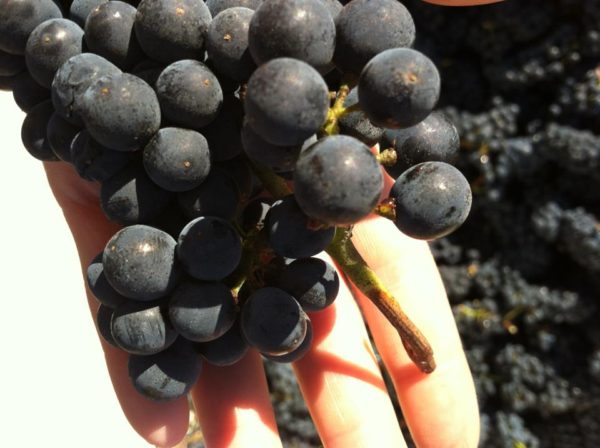
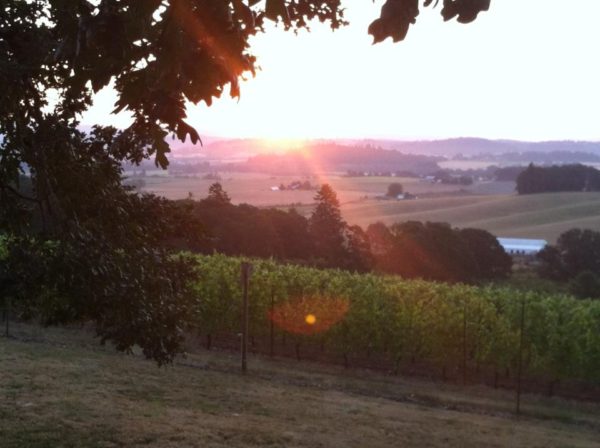
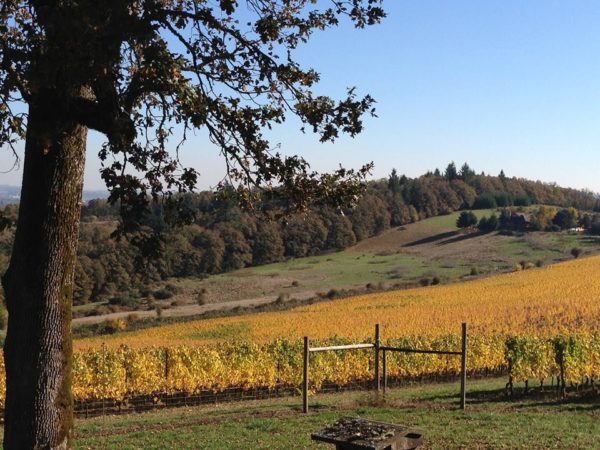
LIVE & Salmon-Safe Certified
LIVE stands for “Low-Input Viticulture and Enology.” But what does that mean?
It’s jargon for “less is more,” — less pesticides, fertilizers, chemicals, water and natural resources to grow wine grapes. The LIVE program is based on international standards of sustainable viticulture. LIVE represents the highest standard of sustainability in the world for vineyards. Read more about the LIVE program.
Carlton Hill Vineyard is one of only 169 Oregon vineyards to have been certified to date, which we hope you’ll agree is NTS (not too shabby).
Our Salmon-Safe certification is a result of our achieving LIVE certification. As it turns out, using fewer chemicals, fertilizers and having a non-irrigated vineyard are all good things for Oregon’s rivers and their salmon population.
As a catch-and-release fly-fisherman, I get it. I want the rivers—and the salmon—to be here for a long time.
Enjoy your Carlton Hill wines knowing that they’re made from certified sustainably grown grapes.

